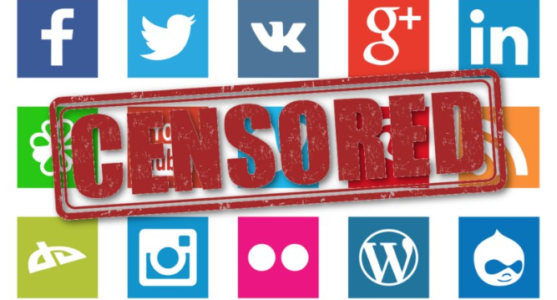Enforcement of the new social media class licensing framework will begin on Jan 1, 2025, aiming to combat online harm while raising concerns over freedom of expression.
KUALA LUMPUR:
Malaysia has introduced a new regulatory framework mandating social media and internet messaging platforms with at least eight million registered users in the country to obtain a class licence by Jan 1, 2025. Platforms like Facebook, Instagram, WhatsApp, YouTube, TikTok, and Telegram are expected to be affected.
The Malaysian Communications and Multimedia Commission (MCMC) announced the move, citing the need to combat rising cybercrime, online scams, cyberbullying, and child exploitation. While the government views this as a step toward creating a safer online ecosystem, critics argue it risks curbing free speech and government accountability.
How Did This Develop?
The MCMC stated the decision aligns with the Cabinet’s directive to ensure compliance with local laws. Between January 2020 and October 2023, Malaysia recorded USD 506 million in online scam losses and over 3,400 hate speech complaints.
Additionally, high-profile incidents, such as the suicide of a TikTok influencer due to cyberbullying, have fueled calls for stricter oversight. Communications Minister Fahmi Fadzil emphasized the measure’s aim to balance online safety with individual freedoms.
Implications for Users and Platforms
Although MCMC asserts the framework does not involve regular users, experts believe platforms failing to comply might be banned. Licensed platforms could face stricter content moderation, potentially leading users to self-censor.
Deputy Prime Minister Ahmad Zahid Hamidi warned of bans for non-compliant platforms, though Minister Fahmi clarified that bans are not the government’s primary goal, given Malaysia’s importance as a growing market for these platforms.
Criticism and Concerns
Civil society organizations, including Malaysia’s Centre for Independent Journalism, argue the licensing regime could lead to abuses that stifle freedom of expression. Critics also worry about the government’s power to block platforms, drawing comparisons to past controversial laws like the Anti-Fake News Act of 2018.
In contrast, supporters like security analysts and advocacy groups see the move as necessary to address cybercrime, protect vulnerable groups, and regulate emerging technologies like generative AI.
How Does Malaysia Compare?
The licensing rule reflects a growing trend in Southeast Asia toward regulating social media platforms. Indonesia, for example, mandates platform registration and content takedowns within specific timeframes.
Singapore uses laws like the Protection from Online Falsehoods and Manipulation Act (POFMA) and the Online Criminal Harms Act to regulate online content. However, critics argue that Malaysia’s approach is more coercive, with the potential for broader government control.
Future Outlook
As Malaysia prepares to implement the framework, questions remain about its enforcement and impact on freedom of expression. Minister Fahmi has pledged to ensure the regulation is not misused, framing it as a step to protect citizens rather than restrict their voices.
However, as critics and supporters continue to debate the licensing regime, its success will likely hinge on striking a balance between safeguarding online spaces and preserving democratic freedoms.








